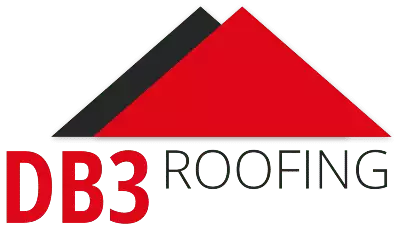
The roof of your house is subjected to extensive heat every day. There’s direct heat from the sun shining onto the outside of the roof and the heat from inside the building. All this heat has a marked effect on the roof, influencing its structural integrity and lifespan. Understanding how heat affects a roof will enable you to choose the best roofing materials and interact knowledgeably with roofing companies.
The Detrimental Effects of Heat on Your Roof
Your roof is your protection against the elements, and it takes a beating from the sun, rain and wind. These onslaughts have unmistakable effects on your roof, some direct and some indirect, combined with other elements. Four aspects always stand out when we ask, “how does heat affect your roof?”
- High temperatures. Roofing materials are designed, chosen and manufactured to withstand the high temperatures they will experience daily. Yet not all materials are equal, and the daily heat levels will cause chemical changes in the materials at different rates, eventually leading to disintegration. The wooden trusses and beams, although protected from direct sunlight, are also affected by heat.
- UV light. A roof absorbs substantial UV light every day, which is the true culprit causing the disintegration of especially fabricated roofing materials. It can also cause asphalt shingles to buckle and protective films to crack.
- High humidity. Moisture can easily enter underneath the roof, possibly from an overflowing gutter or a small leak caused by a damaged shingle. If there is insufficient ventilation in the roof structure, this heated moisture creates the perfect environment for mold growth and wood rot. The former is a considerable health risk, and the latter will lead to the structural disintegration of the roof.
- Thermal shock. The cause of those familiar noises as the house “settles” is thermal shock which happens when the temperature around the roof changes faster than the roofing material. The effect is that joints and beams are placed under strain and will eventually bend and buckle, leading to structural damage.
How to Care for Your Roof Against Heat Damage
There is not much you can do about the sun shining on your roof, but you can mitigate its effect on its functionality and lifespan. We always advocate that homeowners familiarize themselves with the care of their roofs.
- Roofing materials. Choosing suitable roofing materials will go a long way in mitigating the effects of heat on your roof. There is a reason why clay tiles are used in hot climates and not cedar shingles. Always consult with local roofing companies regarding their suggestions and experiences with different roofing materials in your area. Choose what works best, not merely what looks good.
- Ventilation. Proper ventilation of the attic and the space directly underneath the roof is essential. It will remove unwanted moisture in a natural flow and prevent runaway thermal build-up that can damage the roof. Roofing companies will advise on the best strategy for ensuring proper airflow without creating a “cold” roof.
- Maintenance. Thorough inspections and proper roof maintenance, at least annually, will highlight potential problems before becoming a significant crisis. For example, intake and exhaust vents can quickly become clogged.
- Solar panels. Installing solar panels on your roof acts like a shield to protect the roofing materials from direct UV light. The panels absorb heat, which can significantly lower the temperature of the roofing structure, which is especially beneficial during the hot summers.
About DB3 Roofing
We are the roofing company local homeowners trust in Northern Texas and adjacent states for our quality work and advice. We also assist with insurance claims and emergency repairs of your roof.
Contact us if you’re concerned about the effect of heat on your roof.

